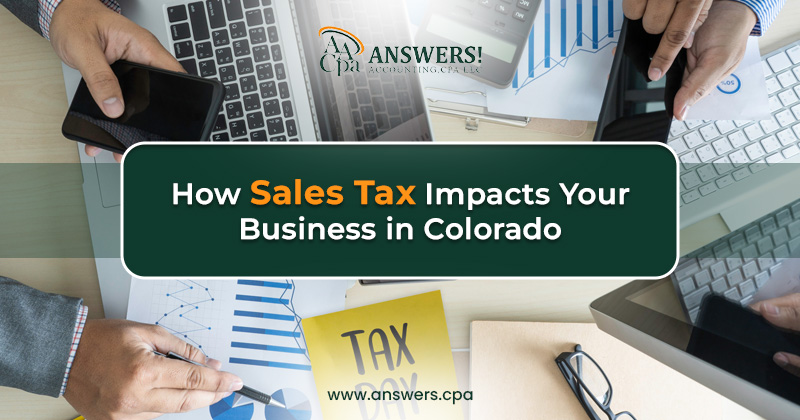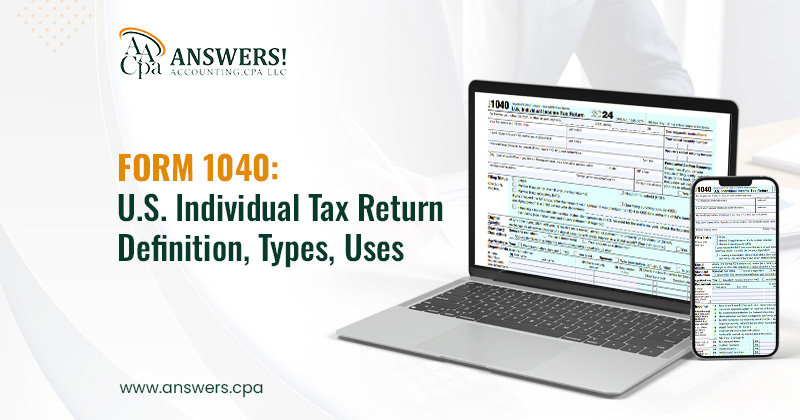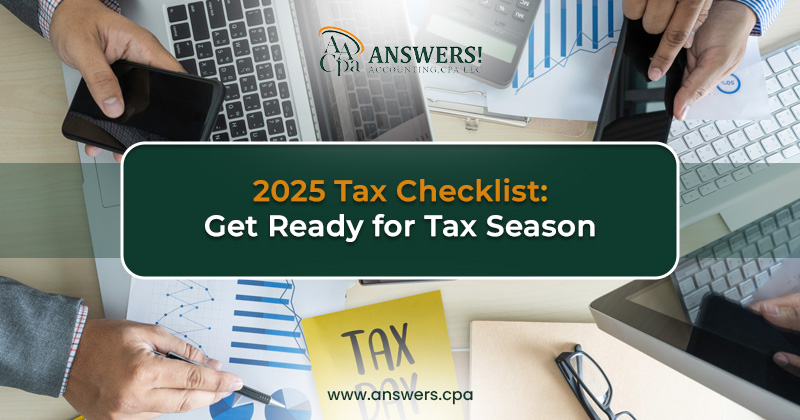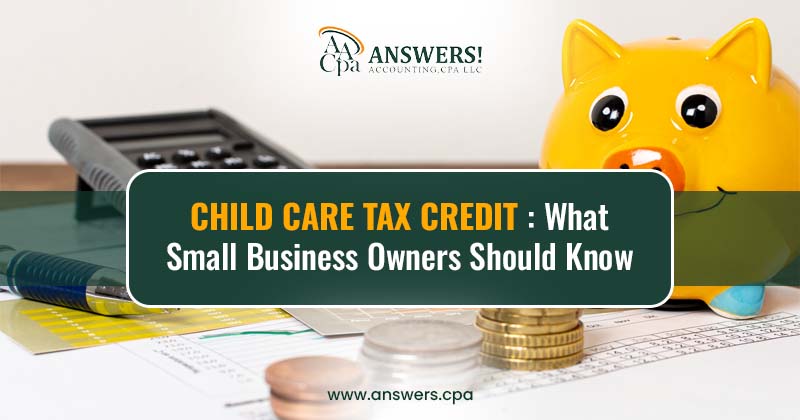Colorado Springs Sales Tax: Regulations, Impacts, and Your Business
It is a challenge for both new and existing businesses in Colorado to keep in sync with the latest developments regarding sales and use tax law. This guide intends to provide all-around knowledge about sales tax as it will apply to your business in 2024 while focusing on major changes, deadlines, and compliance and tax optimization best practices. we covers the thorough understanding of the workings of Sales tax in the City of Colorado Springs and its implications on businesses based in that area.
What is the Sales Tax in Colorado Springs?
An examination of the area’s sales tax in Colorado Springs also sheds light on the price structures of goods and services in that region. As of my last update, the sales tax rate in Colorado Springs consists of several components. First, the entire state of Colorado has a sales tax rate of 2.9%. However, the sales tax percentage of Colorado Springs further contains other taxes that are considered to be extra local taxes. These local taxes are characteristics of every jurisdiction present in Colorado Springs. For instance, El Paso County where Colorado Springs is located charged sales tax at the rate of 1%.Considering also this, the sales tax percentage in the city of Colorado Springs was set at 3.07% at the time of my last update. This implies that the combined sales tax rate in Colorado Springs may be subject to change concerning the location of the purchase. It is therefore of high importance for consumers as well as business institutions that would wish to operate in this region to understand such taxes since they affect the final prices of goods and services offered. Hence, cool to consider the current sales tax rates availed in Colorado Springs when making any purchases.
Key Sales Tax Updates for 2024:
Retail Delivery Fee: Introduced in July 2023, this 50-cent fee applies to deliveries exceeding $100 containing taxable tangible personal property (excluding diapers). Be prepared to collect and remit this fee alongside traditional sales tax.
Potential State Sales Tax Reduction: The state sales tax might decrease from 3% to 2% by September 2024, contingent on the Education Trust Fund's growth. Stay informed about the final decision and its potential impact on your tax calculations.
Local Tax Rate Changes: Numerous Colorado cities and counties adjusted their sales tax rates on January 1, 2024. Consult the Colorado Department of Revenue (CDOR) website for the latest rates applicable to your specific location.
Food Tax Exemption Expansion: Loveland offers a sales tax exemption for food for home consumption beginning January 1, 2024. Understand the exemption's scope and implications if your business operates in Loveland and sells groceries.
Understanding Your Sales Tax Obligations:
Nexus: Determine if your business has an economic nexus in Colorado, triggering sales tax collection responsibility. This depends on factors like physical presence, sales volume, and delivery destination. The CDOR website provides nexus guidance and tools.
Taxable Items and Services: Know which goods and services are subject to sales tax in Colorado. Exemptions exist for specific items like groceries (outside Loveland), prescription drugs, and certain services. Regularly consult the CDOR for an updated list.
Registration and Licensing: If required to collect sales tax, obtain a Colorado sales tax license, and register with the CDOR. Timely registration ensures you receive necessary notifications and avoid penalties.
Filing and Remittance:
Filing Frequency: Depending on your sales volume, you might need to file sales tax returns monthly, quarterly, or annually. Understand your filing frequency and adhere to deadlines to avoid penalties and interest charges.
Payment Methods: We offer various payment options for sales tax remittances, including electronic funds transfer, credit card, and check. Choose the method that aligns with your business practices and meet payment deadlines.
Recordkeeping: Maintain accurate records of sales, tax collected, and exemptions claimed for at least four years after the return due date. These records are vital for audits and potential inquiries.
Additional Considerations:
Marketplace Facilitators: If your business operates as a marketplace facilitator, you are responsible for collecting and remitting sales tax on behalf of your third-party sellers in Colorado. Be familiar with the specific regulations and compliance requirements.
Sales Tax Automation: Consider utilizing sales tax automation software to simplify calculations, ensure accuracy, and automate filing and remittance processes. This can save time and minimize errors.
Professional Assistance: For complex situations or specialized guidance, seek advice from a qualified tax professional or consultant experienced in Colorado sales tax regulations.
Staying Informed:
CDOR Website: The Colorado Department of Revenue website is a valuable resource for all things sales tax-related in Colorado. It offers comprehensive information, guides, forms, and updates on relevant legislation.
Tax Alerts and Bulletins: Subscribe to the CDOR's email alerts and bulletins to stay informed about any changes in sales tax rules, deadlines, or procedures.
Industry Associations and Professional Networks: Engage with industry associations or professional networks focused on sales tax compliance in Colorado. These groups often share valuable insights and updates relevant to your business sector.
Conclusion:
By understanding the intricacies of sales tax in Colorado, your business can operate more confidently and avoid potential compliance issues. Remember, the information provided here serves as a general overview, and it's crucial to consult with the CDOR or seek professional guidance for specific details and tailored advice applicable to your unique business situation. By staying informed, adhering to regulations, and continuously learning, you can ensure your business navigates the world of sales tax effectively in 2024 and beyond.
FAQs
Q: What is the sales tax rate in Colorado?
A: The sales tax rate in Colorado varies depending on the location, with state, local, and special district taxes contributing to the total rate.
Q: Do all businesses in Colorado need to collect sales tax?
A: Most businesses in Colorado are required to collect sales tax on taxable transactions, but exemptions may apply to certain items and activities.
Q: How often do businesses need to file sales tax returns in Colorado?
A: The frequency of sales tax filing requirements in Colorado depends on the volume of sales and the amount of tax collected by the business.
Q: What happens if a business fails to comply with sales tax laws in Colorado?
A: Non-compliance with sales tax laws in Colorado can result in penalties, fines, and other enforcement actions by the Colorado Department of Revenue.
Q: Are there any exemptions to sales tax in Colorado?
A: Yes, certain items such as groceries, prescription drugs, and some types of clothing are exempt from sales tax in Colorado.








